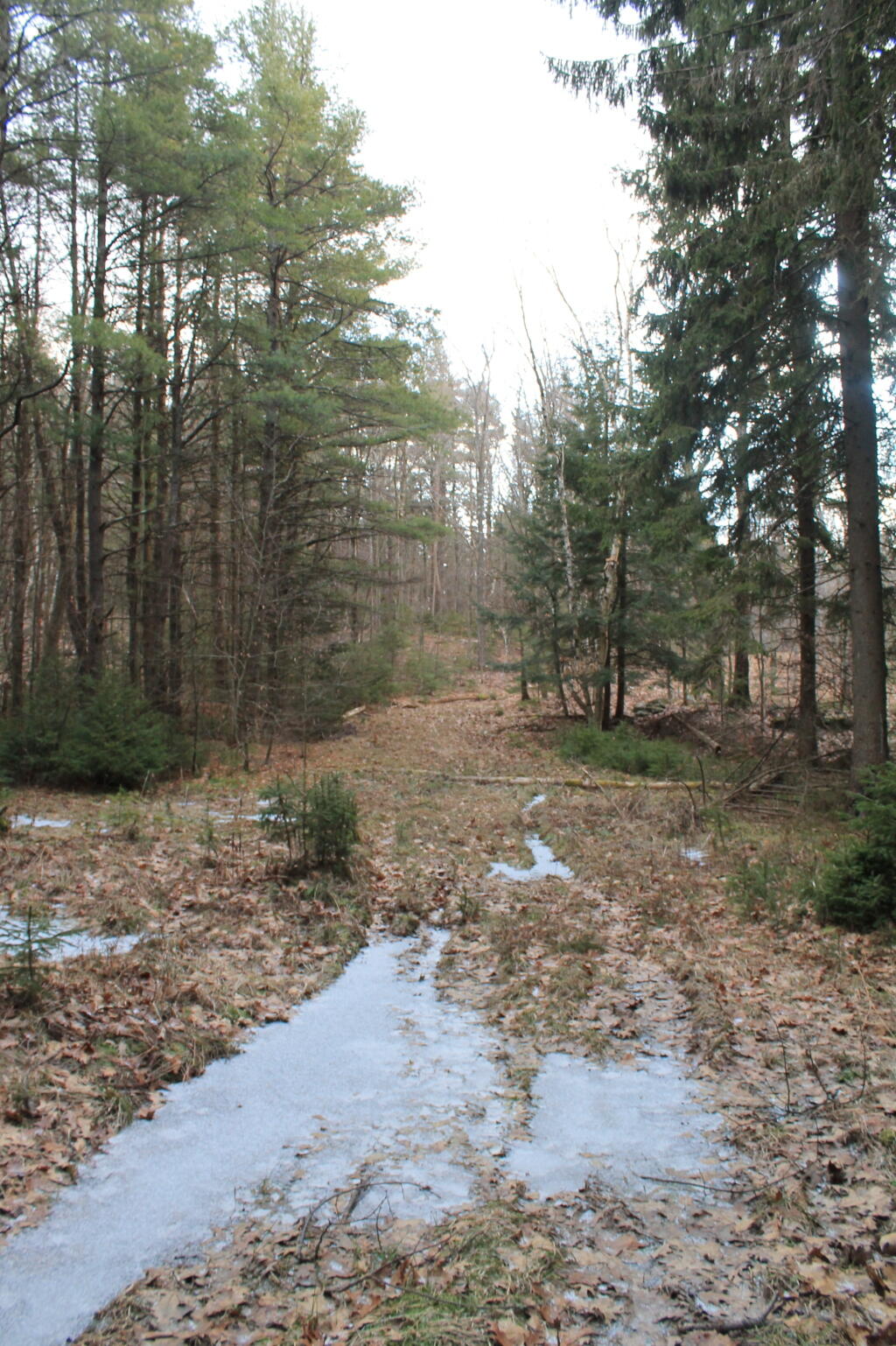I think I have a blister on my foot … 👣
It’s totally my fault for not putting on fresh socks before walking on the rail trail yesterday, or maybe for not wearing my muck boots while hiking up at Partridge Run. I guess if my foot hurts too much, I can just spend more time at home on the exercise bike.

